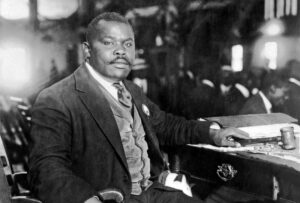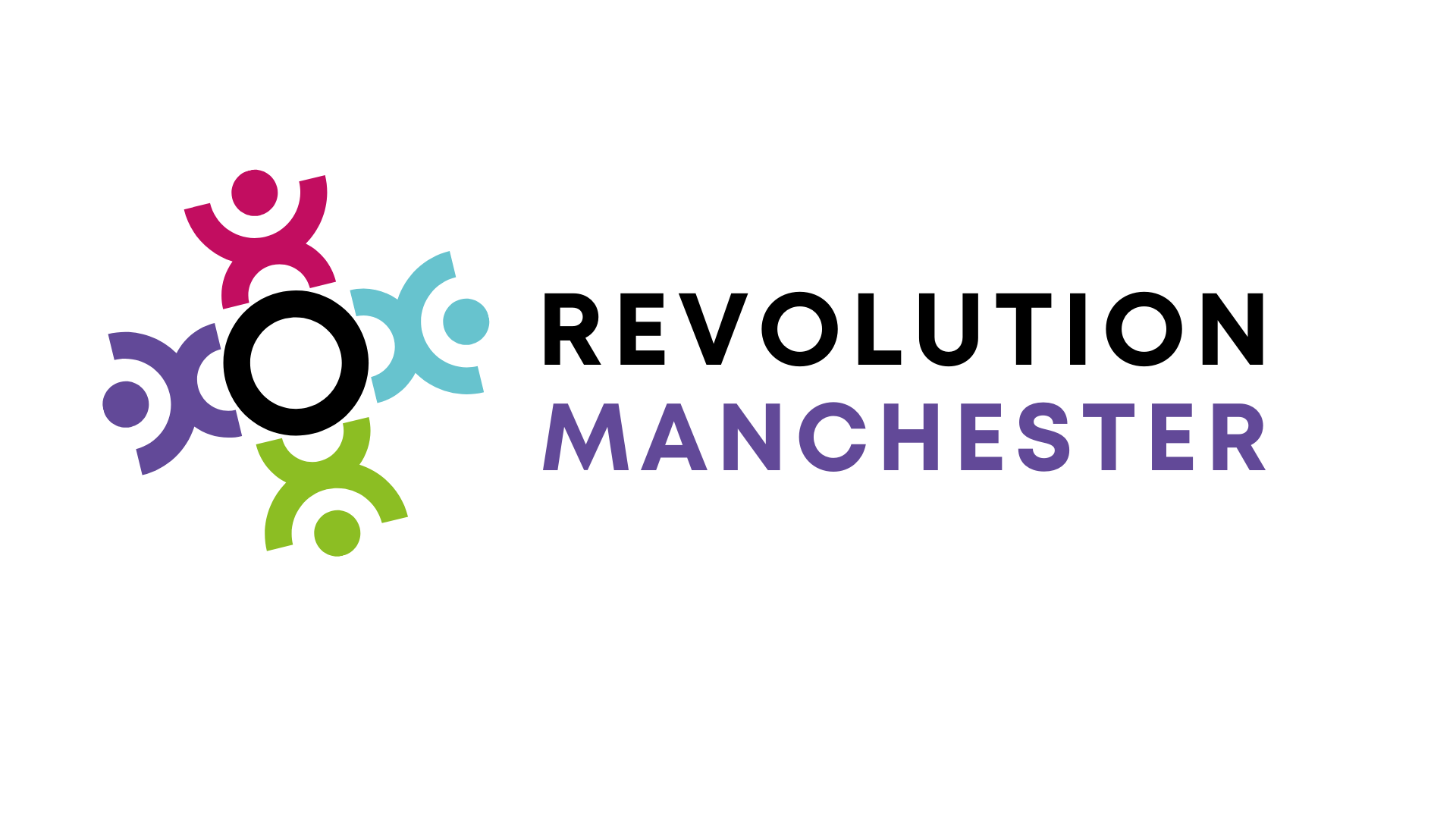Introduction
October is Black History Month here in the UK. This celebration aims to promote and celebrate Black contributions to British society, and to foster an understanding of Black history in general. However, many people, whether they are black heritage or not, are not very aware of Black History Month or even some of the amazing people that Black History Month celebrates!
When we think about black history, many of us automatically think of slavery, the civil rights movement and Martin Luther King Jr, but there are so many black people here in the UK that have made positive contributions to Britain, whether sports men and women, scientists, inventors, musicians, and actors or those who have worked every single day to make a difference.
Inspired by heroes we have never met
One such person that made an impact in Britain is Baroness Floella Benjamin, who was born on the Caribbean Island of Trinidad back in 1949. She travelled to Britain in 1960’s, and experienced a huge culture shock when she first arrived receiving less than a warm welcome due to her heritage. She was ambitious, driven and determined to make a life for herself, despite having to overcome such prejudice. As a result, after her graduation from Drama School, on a National Tour of a hit musical.
Her creative pioneer spirit meant she went on to make a positive contribution to film, arts, and entertainment. Today, she is known all over the world for creating a space for different voices to be heard.
Back in the 1970’s, Floella recalls a conversation she had with her Television Producer where she focussed on the types of books and illustrations that were being read and shown to kids on the children’s programme she was working on. In a recent interview about this defining moment, she recalls saying to her colleague I’m telling the stories, and sometimes I’m saying them in my Caribbean accent, but all the illustrations are white, can’t we have some black and Asian and Chinese faces?” Her producer went on to supposedly respond by saying “Oh, we hadn’t noticed”.
From that day on the Children’s BBC became the most diverse corner of British television due to Floella being able to ask the right question at the right time in history. Baroness Benjamin went on to write books for children that told stories of her experiences as a young Caribbean woman. Through Children’s Television like Playhouse (one for the older readers to remember), the BBC pioneered a diverse approach that is still making an impact today.
Black History Month reminds us to notice again
According to the Books Trust, only 7% of the children’s books published in the UK over the last 3 years feature characters of colour. That means there are so many stories yet to be heard and even more so, yet to be told.
This makes Black History Month vital for us all regardless of the colour of my skin or yours.
Why is it so important to notice people different than ourselves? What does it matter who gets profiled or represented in something like books, films, or television? Serena Patel, author of the book series titled ‘Anisha, the Accidental Detective’ appeared at an event hosted by Inclusion Labs and spoke of the value of representation.
“Imagine loving stories, inhaling book after book, imagine books being such an important part of your life. Now imagine never seeing yourself in books, never seeing someone who looks like you or feels like you. Imagine never seeing someone like you as the hero of the story. Imagine never believing you can be a hero in your own story… I was never the hero of the story.”
In other words, if we don’t allow peoples’ voices to be heard, we ultimately deny those people the right to feel valued and respected. What would you do if you felt like you could never be the hero of your own story? What if the change we want to see, will only happen if we actively choose to notice?
Black History Month challenges us to be curious
Curiosity is a core value in many of our Partner Schools. It is about asking questions, but also actively seeking the answers. When it comes to curiosity, we can think about the example and illustration of both windows and mirrors.
A window is something you can see through and shapes your perspective. When we don’t offer people a window into a new culture or a different story, it encourages a default approach to thinking that our way of seeing the world is “correct” or “better” or even that ours is the only window there is. At best this can be the root of misunderstanding and at worst, it can be the root of hatred towards anything different than us. We need to find a new window to see a fresh perspective.
Black History Month helps us put ourselves in other people’s shoes.
A Mirror is something that allow us to see ourselves – they reflect who we are back to us. Books, films, and stories that speak of our own culture, give an insight into who we are and what our past is like. They help us see something new about our identity, our heritage and our humanity.
The Jamaican activist Marcus Garvey once said, “A people without the knowledge of their past history, origin and culture is like a tree without roots.”

Take a fresh look at Black History this month
So why does Black History Month matter? By embracing the month of October as a focal point for sharing the stories of Black people in our British history, we begin to realise that we don’t have to limit this focus to a single occasion or single month in a year. Black History month prods us, reminds us and helps us on how to notice – and truly notice. It challenges us on where we are going to redirect our attention for year that lies ahead.
How can you make sure we stay curious? If you are a teacher or a parent, we can help expose young people to different and diverse stories, giving them a new window or mirror for their world.
If you are a student, you can think about what you are reading, learning about, being entertained by or discovering that helps give you a new window or mirror for your life.
And above all, we can use this time to give people the opportunity to be respected, heard, valued, and seen as the heroes in their own unique story.
For teaching resources and to learn more visit: www.blackhistorymonth.org.uk



